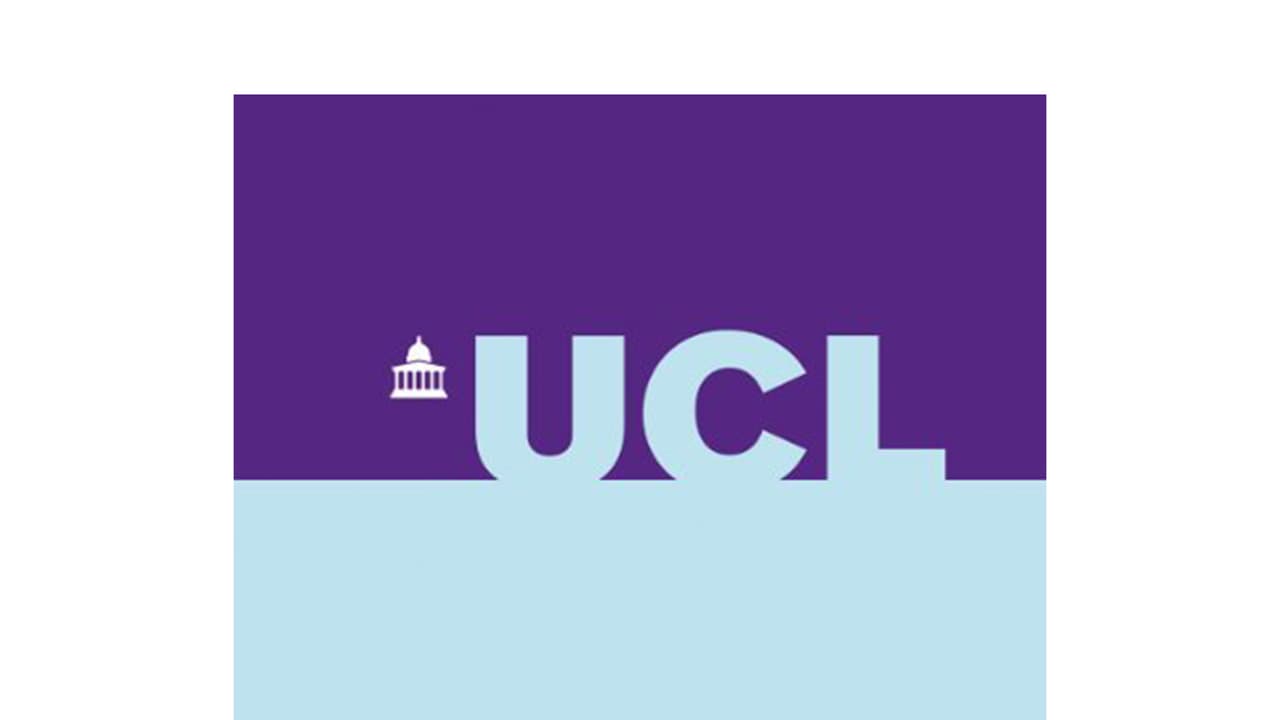University College London (UCL) is expanding its India footprint through research partnerships with IIT Delhi, AIIMS, and IISc. The top UK university prefers a co-creation model over a campus and is already funding joint med-tech projects.
Top UK university University College London (UCL) is looking to significantly expand its footprint in India through long-term research partnerships, joint degrees and more staff-student exchanges with leading Indian institutions, including IIT Delhi, AIIMS and IISc Bengaluru.
A Partnership-First Approach
In an interview with ANI, UCL Vice-Provost for Research, Innovation and Global Engagement Professor Geraint Rees, who is visiting here, said India’s rapidly advancing research landscape has created strong complementarities with UCL. “India is an advanced economy. The research capability of Indian institutions has really come up recently, and is very high quality…Their work in areas like advanced therapies for cancer, AI and quantum technologies are all areas where we also have a lot of depth.” He stressed that UCL, ranked 9th in the 2026 QS World University Rankings, has no plans to establish a campus in India and prefers a co-creation model. “UCL isn’t one of those British universities that want to establish a campus in India. We think that there are such fantastic Indian institutions like the IITs, like IISc, like AIIMS, that we would prefer to co-create with those institutions.”
Existing Collaborations and Early Success
UCL’s partnerships in India have expanded rapidly in the past two years. In 2024, UCL signed a trilateral agreement with AIIMS New Delhi and IIT Delhi to boost multidisciplinary medical-technology research in diagnostics, imaging, implants, digital health, AI and surgical technologies. Last year, IISc and UCL launched a new phase of their strategic partnership to strengthen joint work in healthcare innovation.
Seed Funding for Joint Projects
Rees said these collaborations are already yielding results. “We reviewed their progress in terms of seed funding recently… We’ve already awarded funding to seven projects. They’ve received somewhere around £5,000-£10,000 each… And we talked today about the next round of funding, which will go out shortly.”
Fostering Academic Mobility
On academic mobility, UCL is exploring scalable models without setting numerical targets. “We want to create the kind of scientists and students who are globally literate, culturally literate… We’re talking about, for example, PhD students maybe spending some time in each other’s institutions… up to longer, more ambitious programs, like perhaps a two-year master’s program, where there’ll be one year in each.”
Long-Term Vision for India Engagement
Rees added that India’s global orientation strengthens UCL’s long-term engagement approach. “India is, to me, a dynamic, modern, open economy that is seeking to link itself to the world… What we’re seeking to do is build something that can last 10, 20, 30 years.”
Rees said UCL aims to become a preferred partner for Indian institutions while deepening research and innovation collaborations across sectors, including assistive technologies and entrepreneurship. (ANI)
(Except for the headline, this story has not been edited by Asianet Newsable English staff and is published from a syndicated feed.)
